Thông số kỹ thuật Sapiens : A Brief History Of Humankind
Sapiens: A Brief History Of Humankind
Planet Earth is 4.5 billion years old. In just a fraction of that time, one species among countless others has conquered it. Us.
We are the most advanced and most destructive animals ever to have lived. What makes us brilliant? What makes us deadly? What makes us Sapiens?
In this bold and provocative book, Yuval Noah Harari explores who we are, how we got here and where we’re going.
Sapiens is a thrilling account of humankind’s extraordinary history – from the Stone Age to the Silicon Age – and our journey from insignificant apes to rulers of the world
‘It tackles the biggest questions of history and of the modern world, and it is written in unforgettably vivid language. You will love it!’ Jared Diamond, author of Guns, Germs and Steel
Yuval’s follow up to Sapiens, Homo Deus, is available now.
For more, visit www.ynharari.com
Giá sản phẩm trên Tiki đã bao gồm thuế theo luật hiện hành. Bên cạnh đó, tuỳ vào loại sản phẩm, hình thức và địa chỉ giao hàng mà có thể phát sinh thêm chi phí khác như phí vận chuyển, phụ phí hàng cồng kềnh, thuế nhập khẩu (đối với đơn hàng giao từ nước ngoài có giá trị trên 1 triệu đồng).....

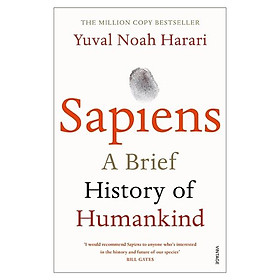
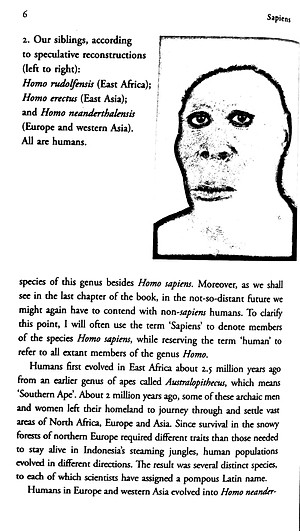
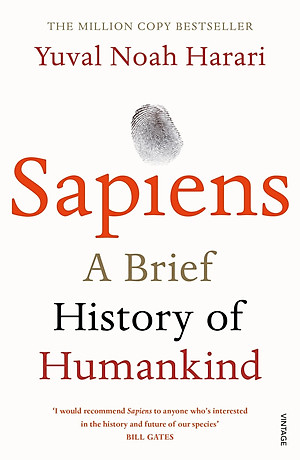
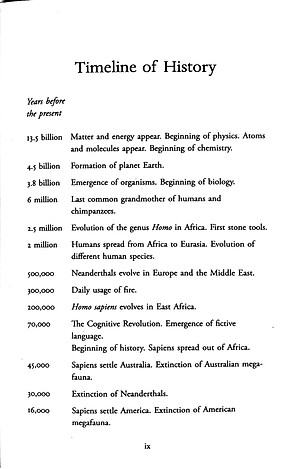
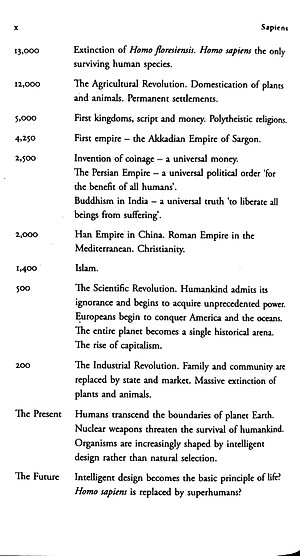
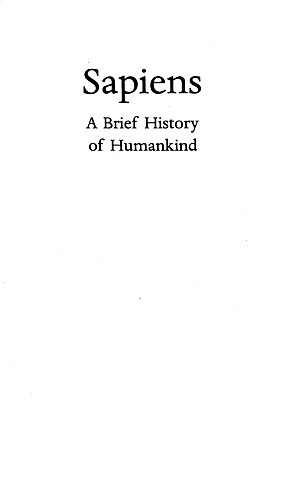
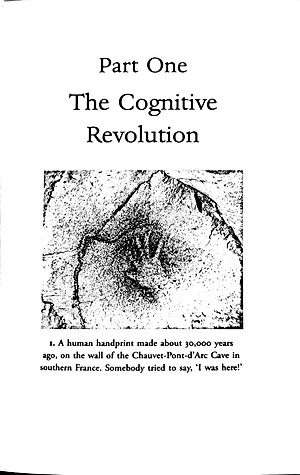
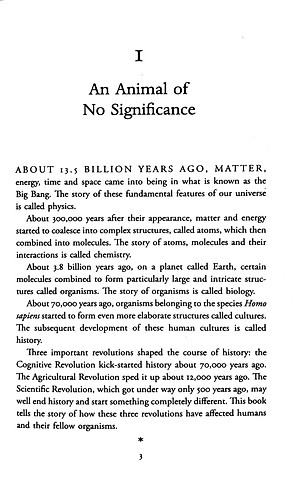
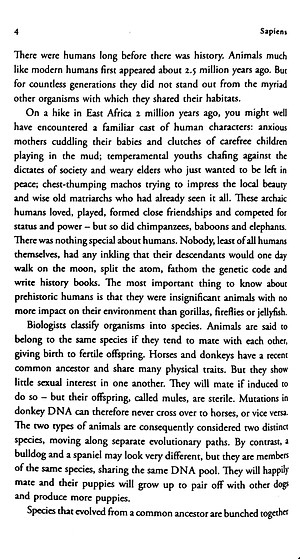
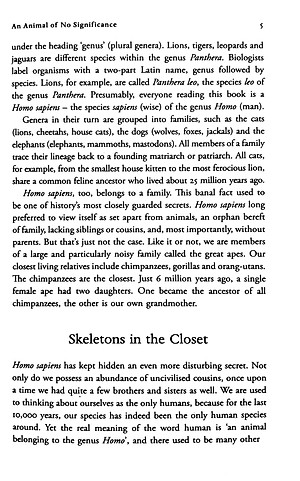













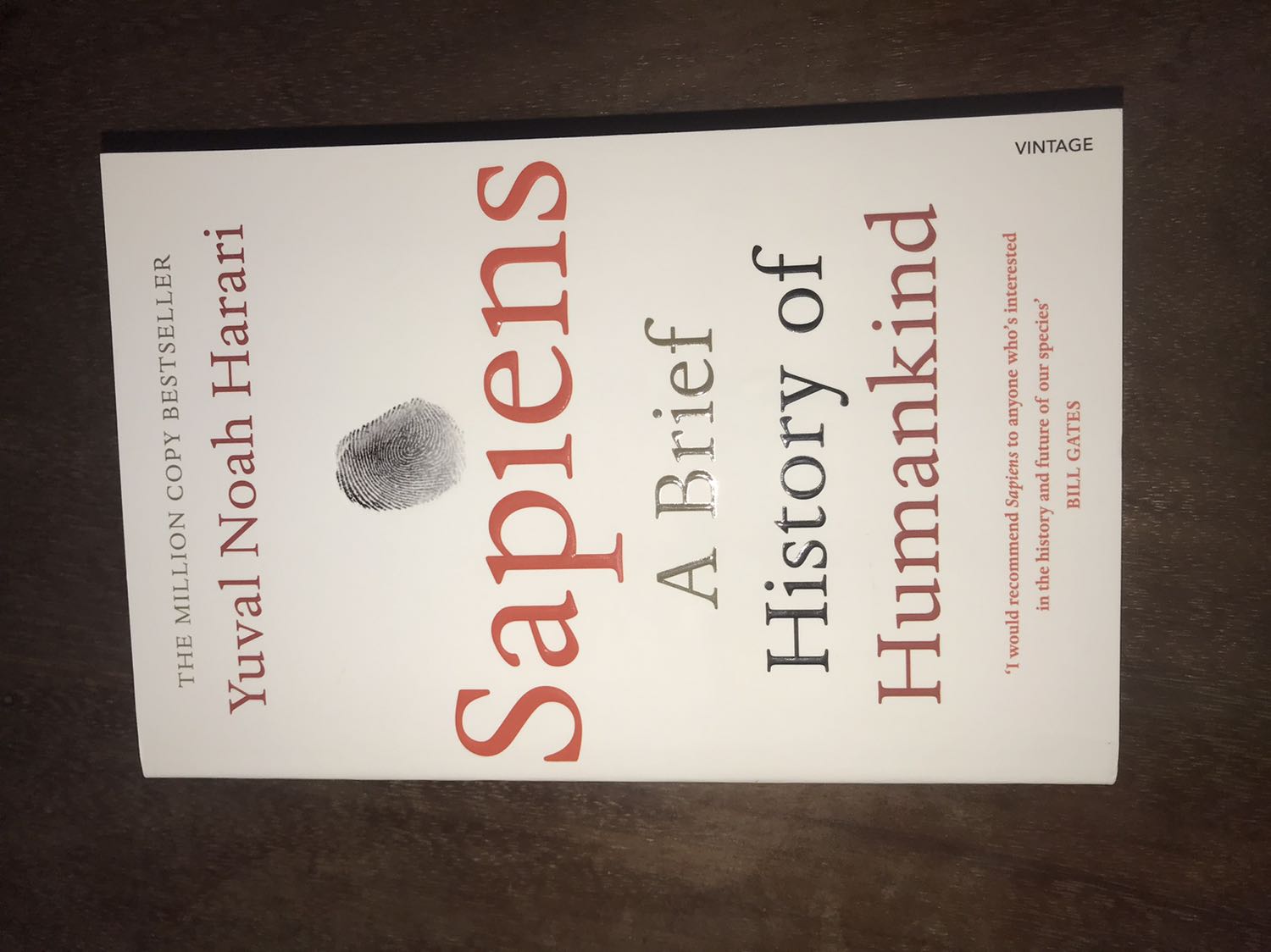
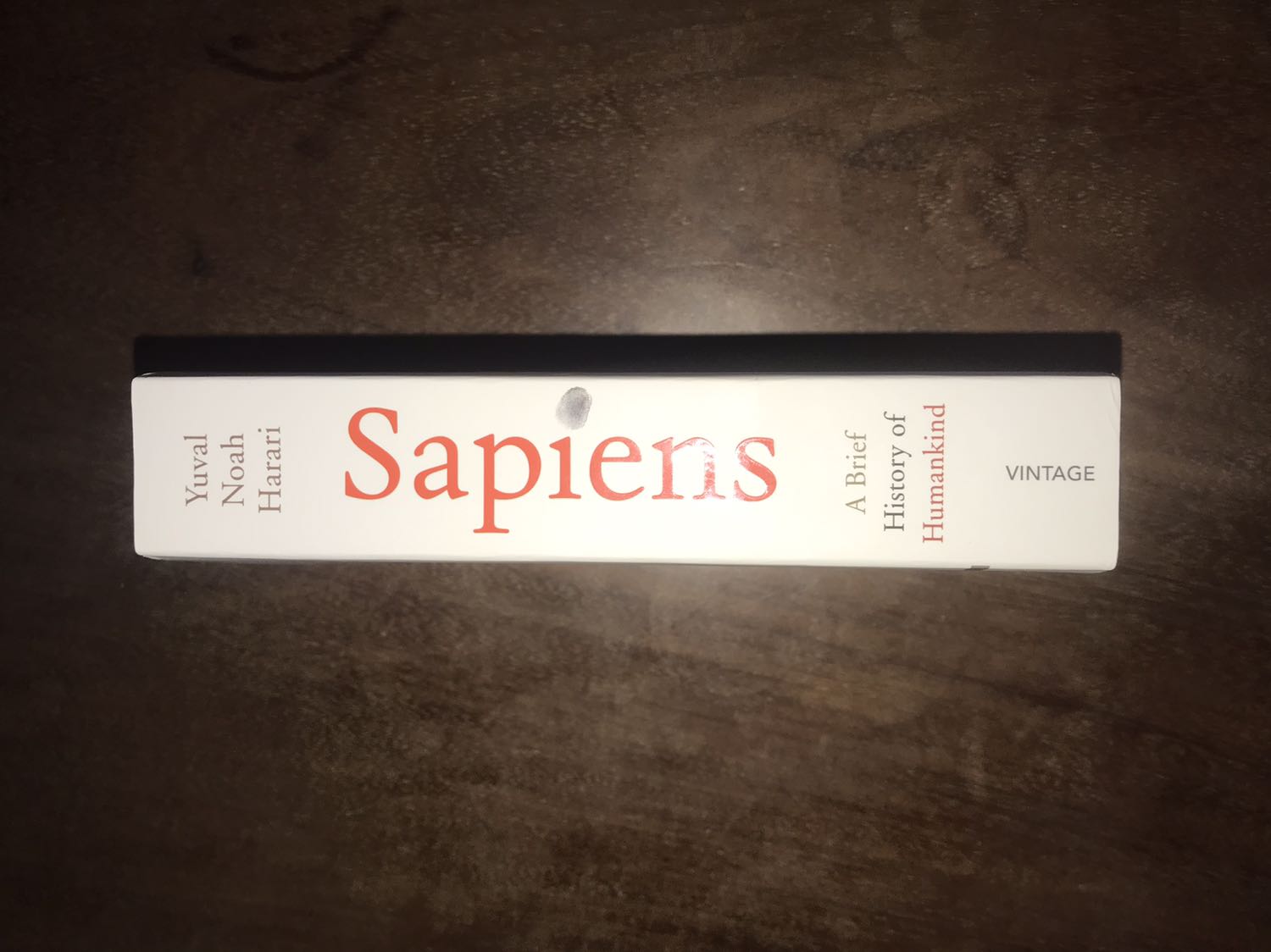
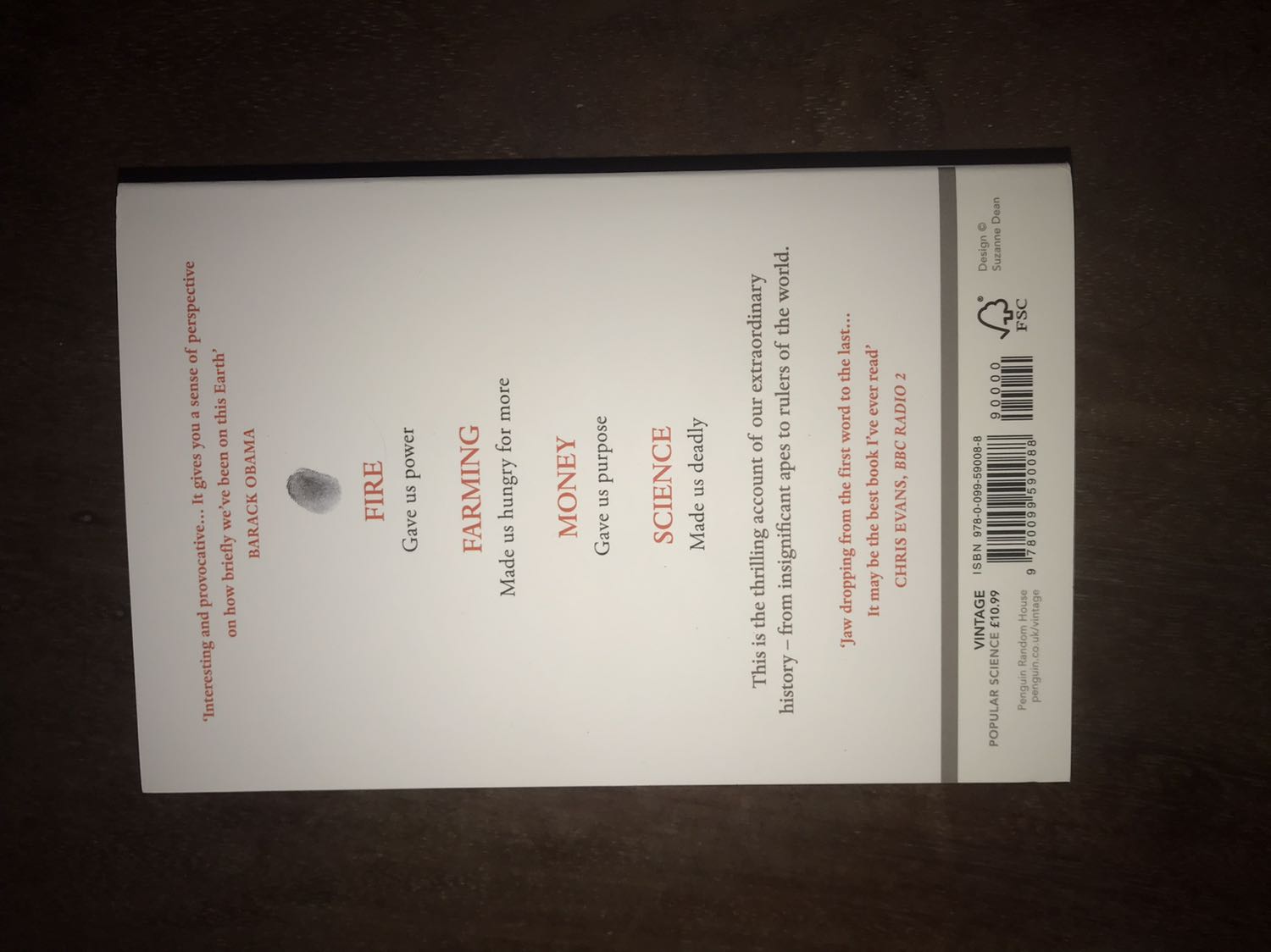
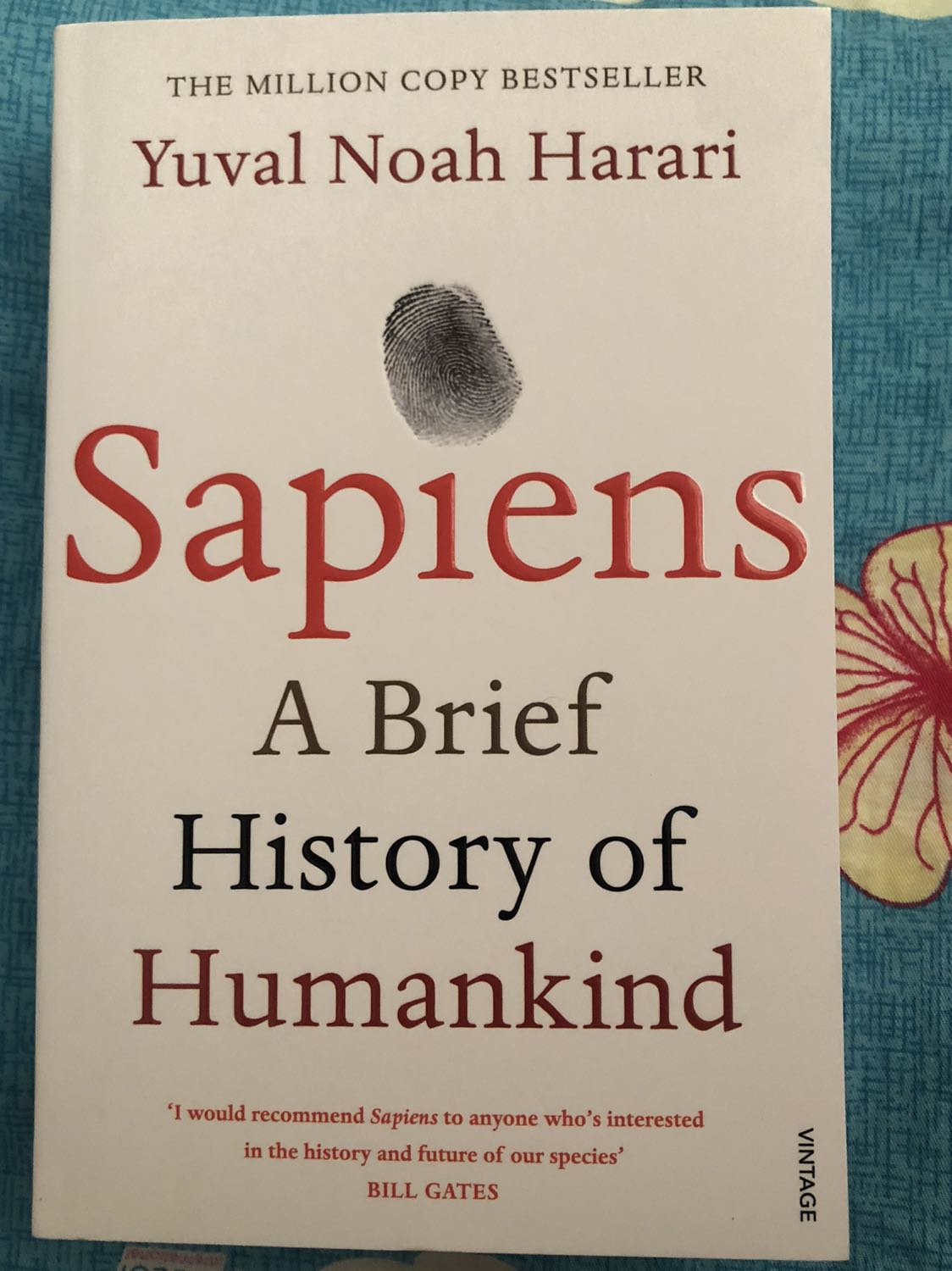
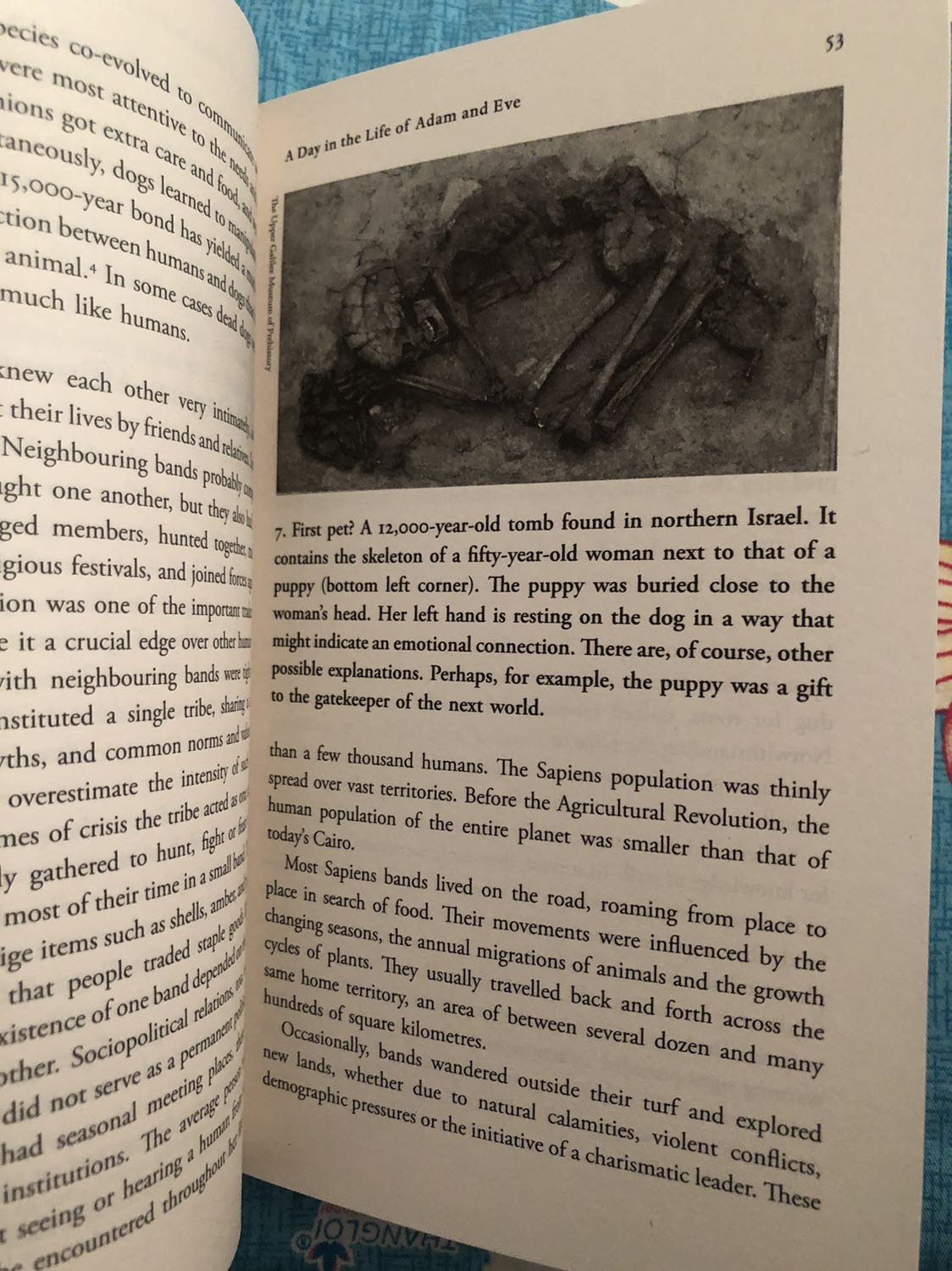


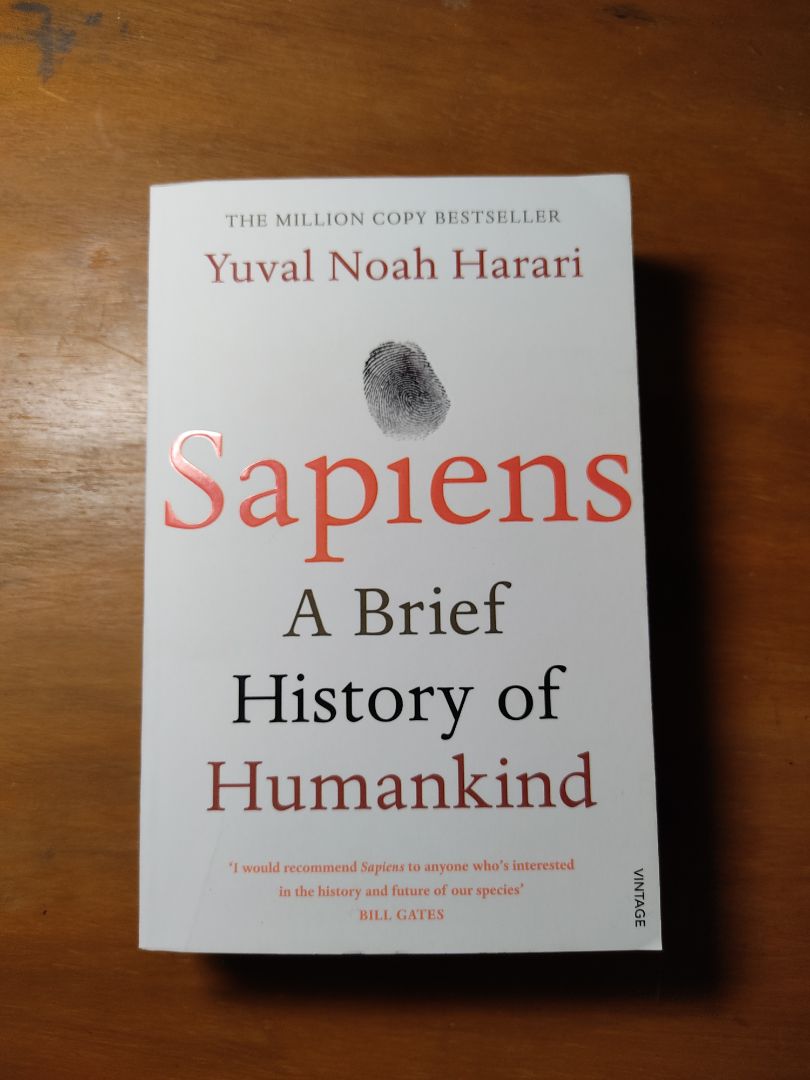
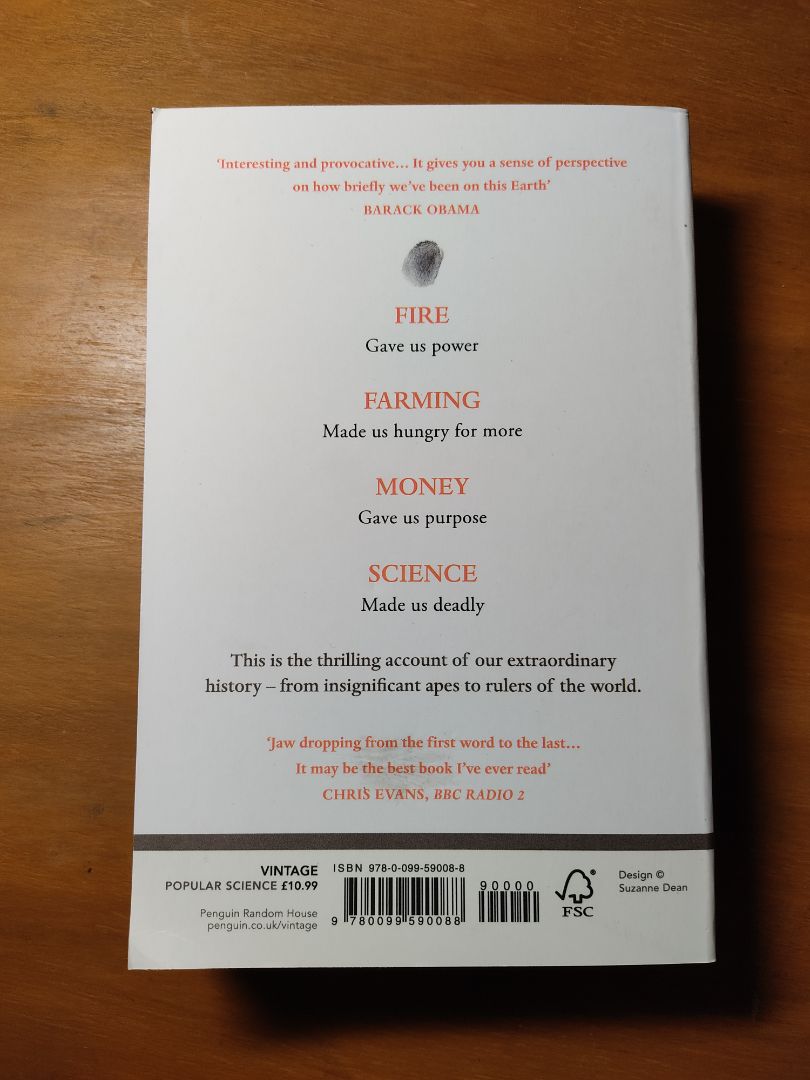
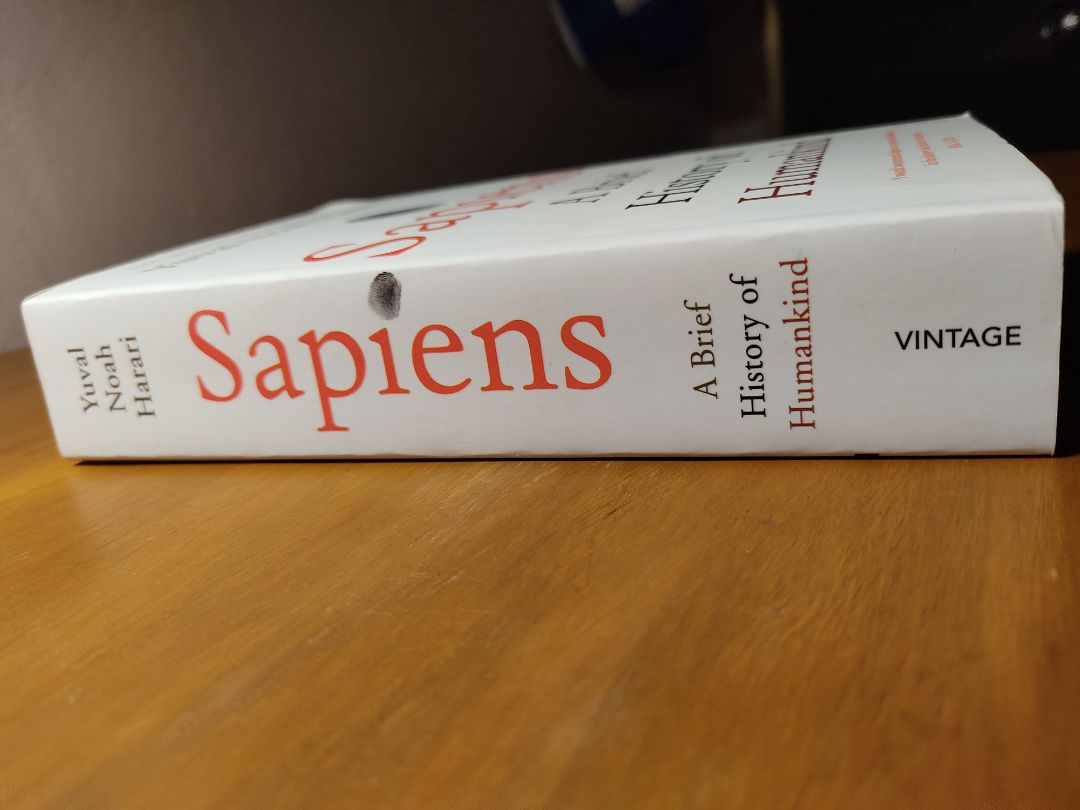
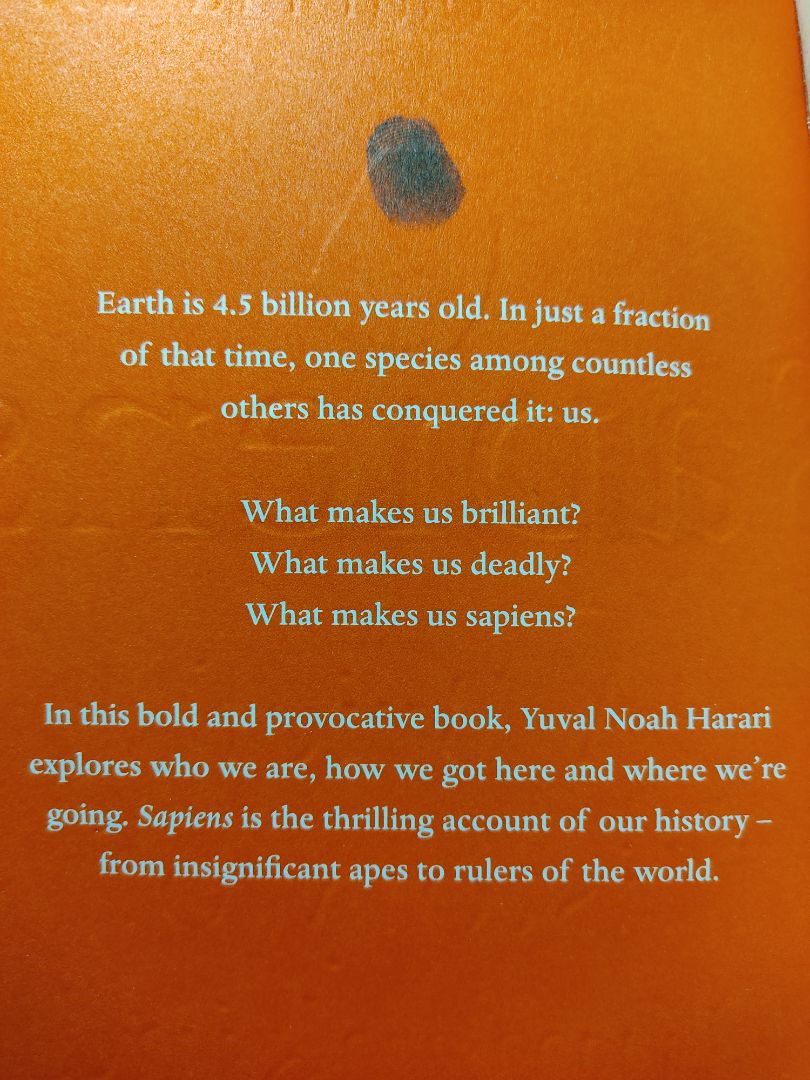
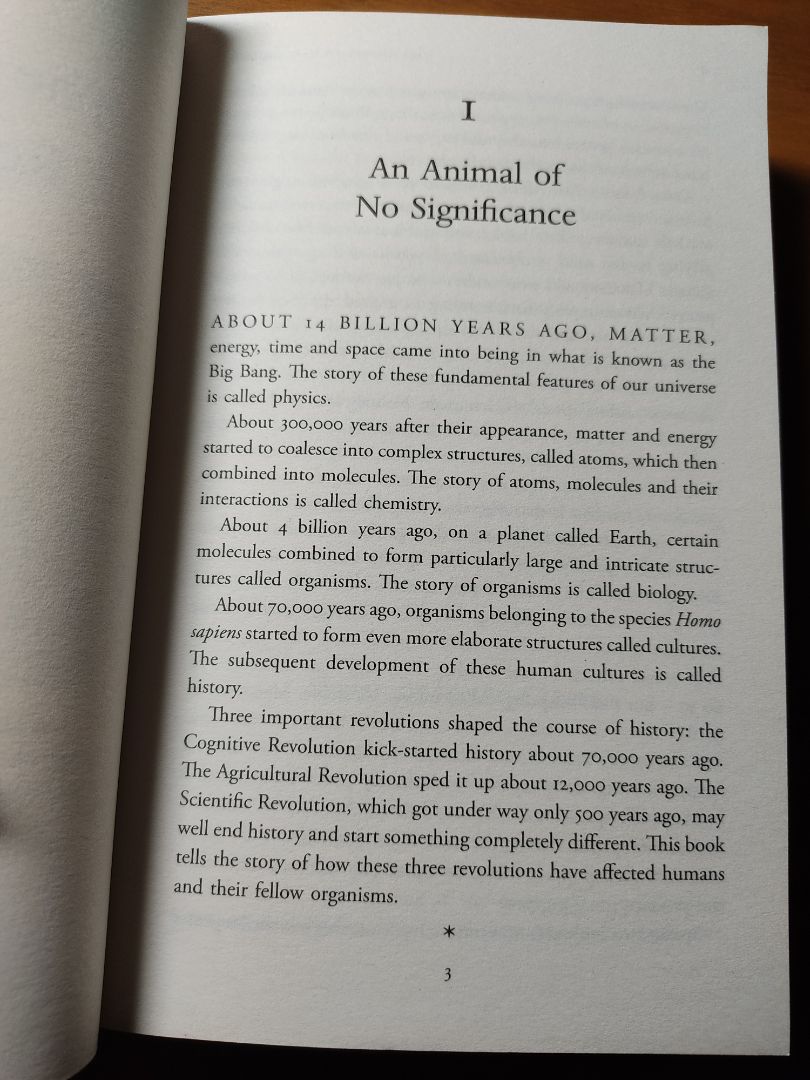


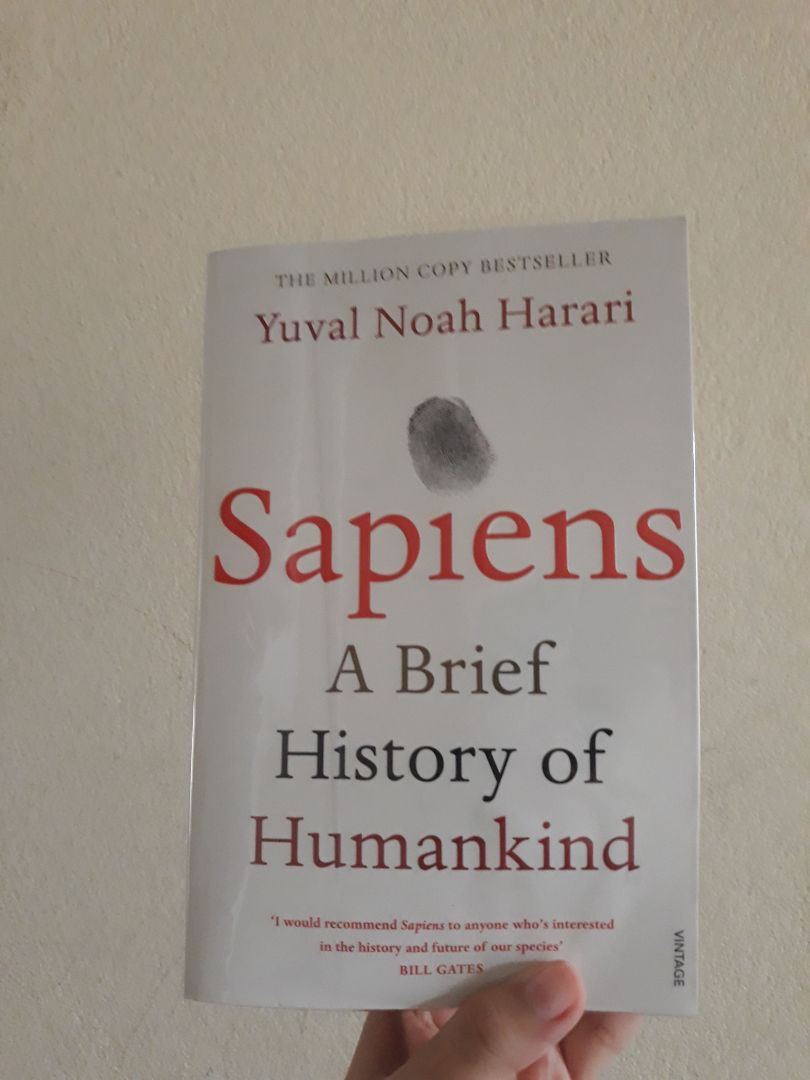
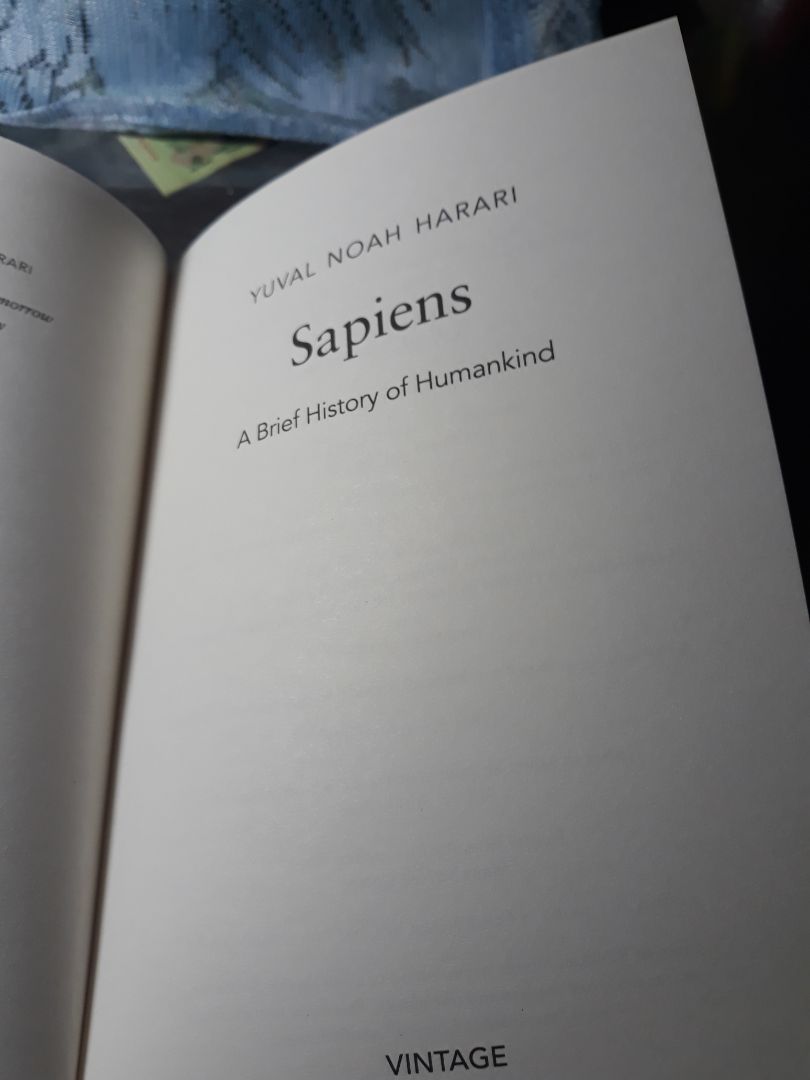
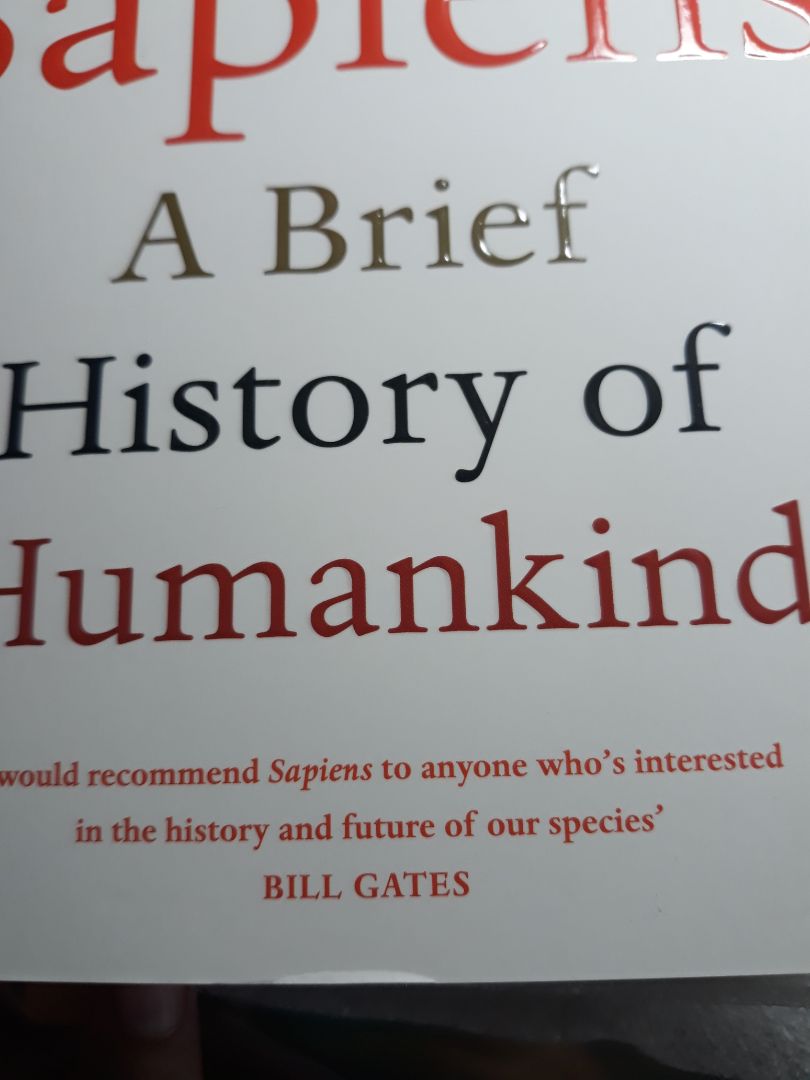
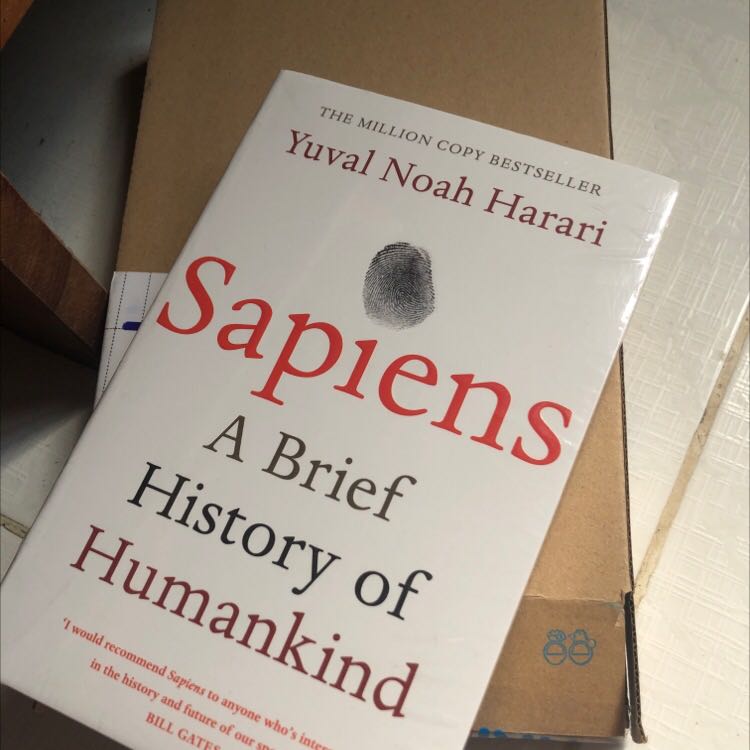

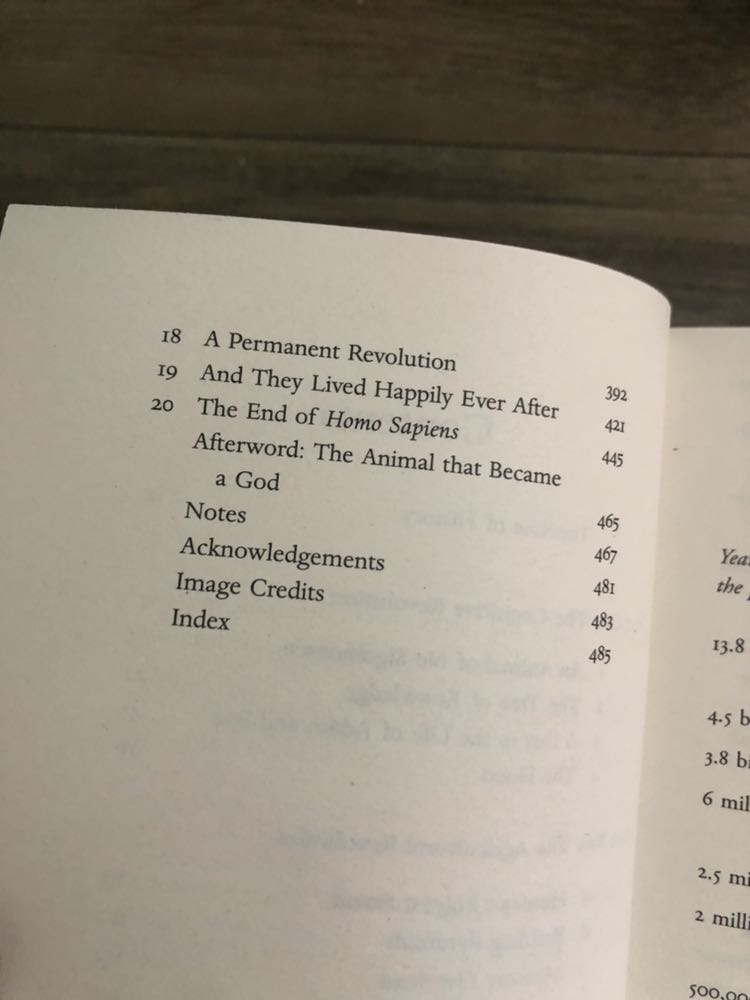
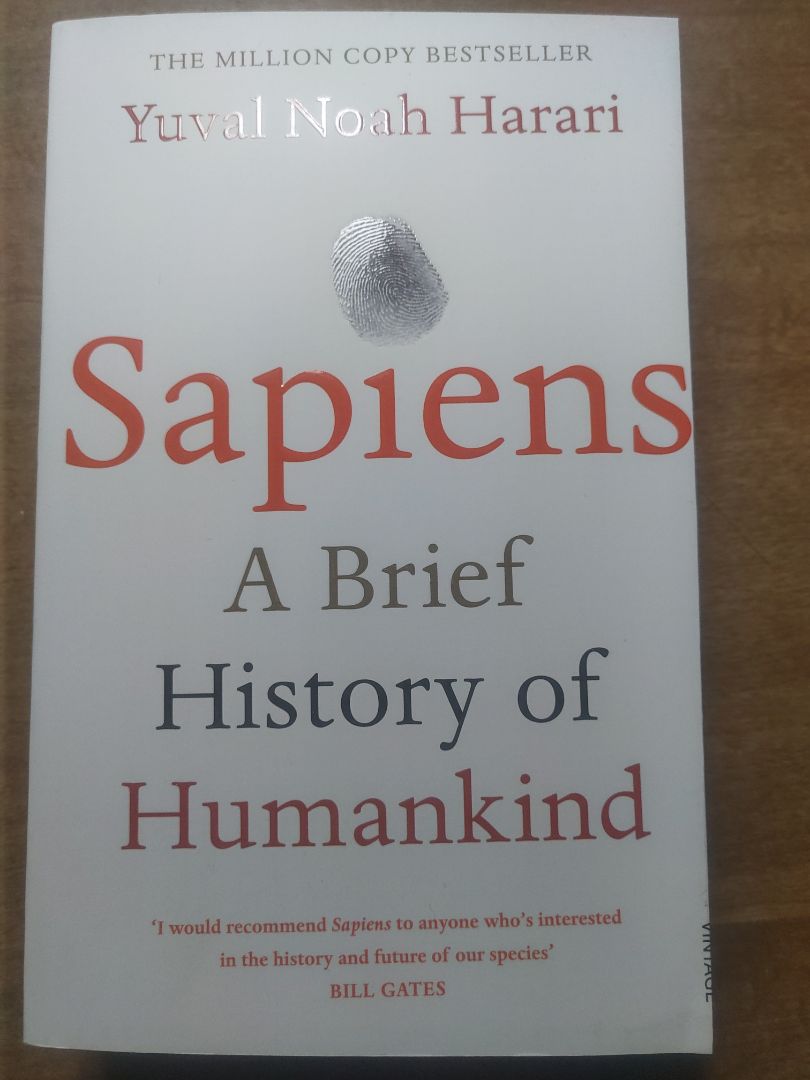
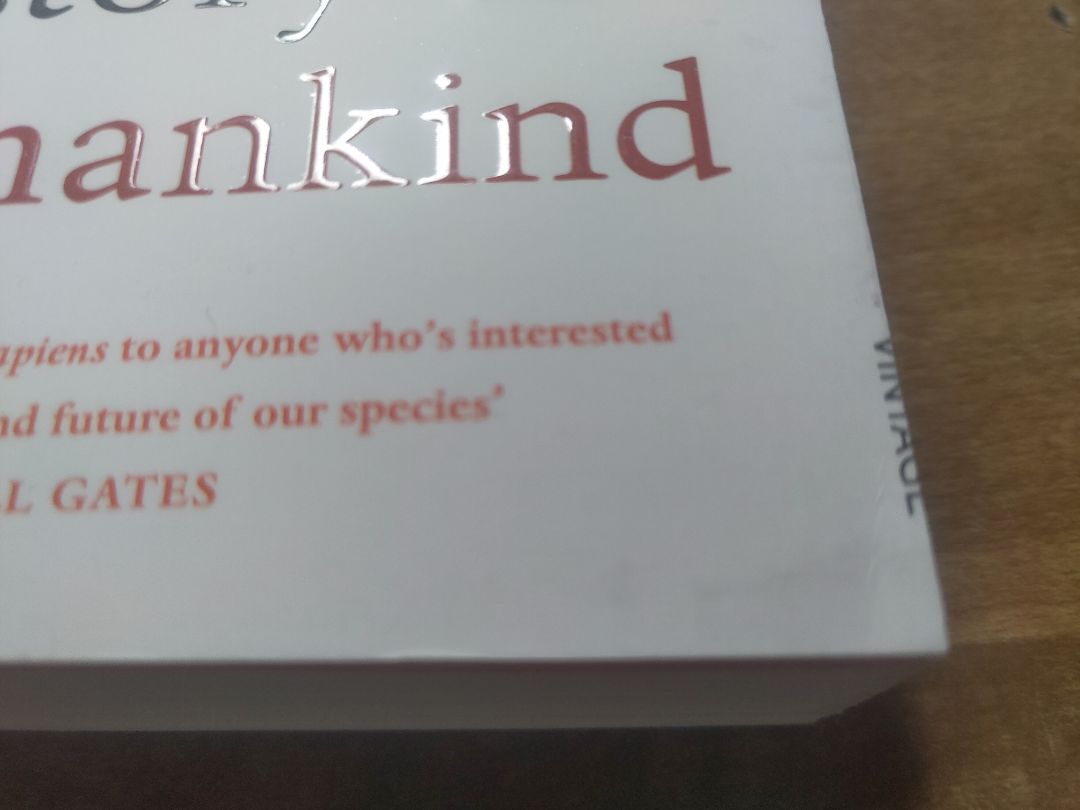
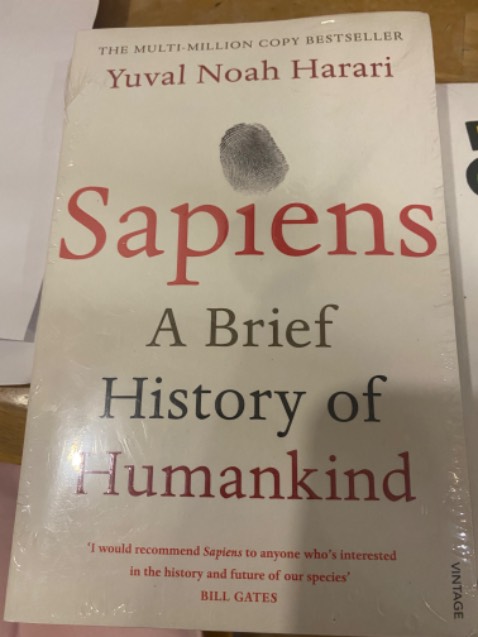










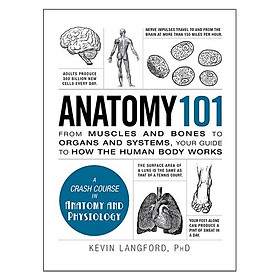
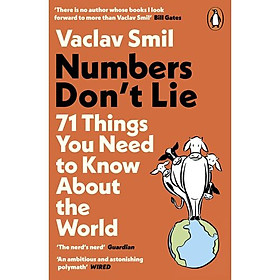

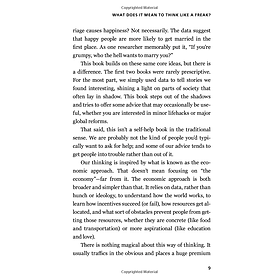
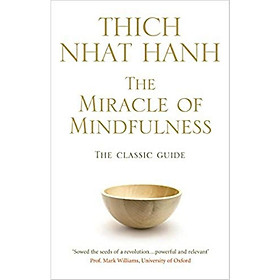
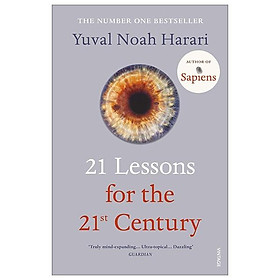


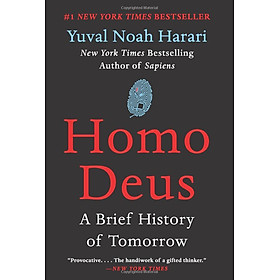
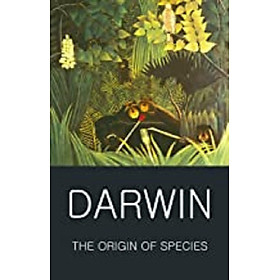
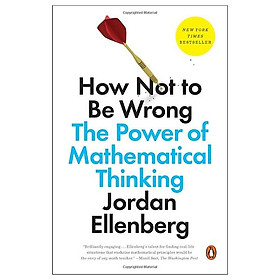

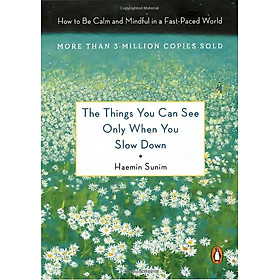
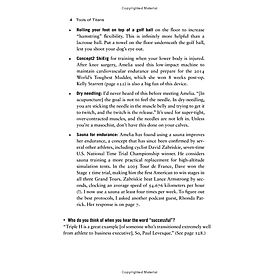
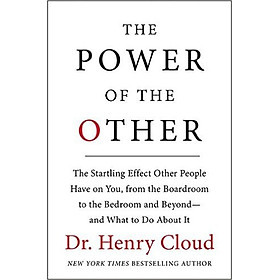
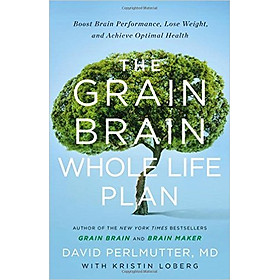

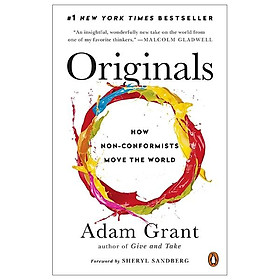
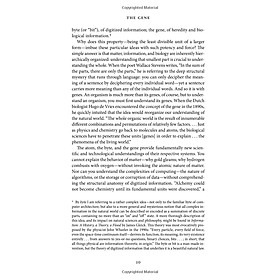

Iris Nguyen
This book is a superficial gloss on human history. Nice try but it excludes too much subject matter in favor of an overarching conceptual view to be deeply interesting. Considering the outlandishness of some of its claims—the downside of the Agricultural Revolution, the joys of Empire—the book seems weirdly under-sourced. The bibliography is beyond meagre. Don't get me wrong, I like a little informed speculation as much as anyone. Take for example the claim that houses, their advent, "became the psychological hallmark of a much more self-centered creature." (p. 99) I, for one, would be delighted to know how one can discern the psychology of someone who lived more than 9,000 years ago. The apparently relevant note cited is "2 Robert B. Marks, The Origins of the Modern World: A Global and Ecological Narrative". But when one looks up Mr. Marks' book one sees that it pertains only to the 15th to the 21st centuries CE. Another thing, the book seems all biological determinism—and we know what that sort of thinking led to: the Konzentrationslager. The life of the mind is nothing here, the intellect nothing, all because it has no discernible basis in biology—so reductive and materialist, too. I'm hoping this is just a rhetorical device. Please, let it be. Moreover, the author cherishes a certain sneering and glib tone which I find annoying. Well, yes, now he's changing his tune, isn't he? But not before thoroughly pissing me off. Was that necessary? Ah, now he's starting to celebrate the very social constructs—the law, the state, joint stock corporations, etc.—that he so glibly belittled as "imaginary myths" a few pages back. So his earlier arguments were disingenuous. That's not something I prize in a writer.
Hình ảnh đánh giá thực tế